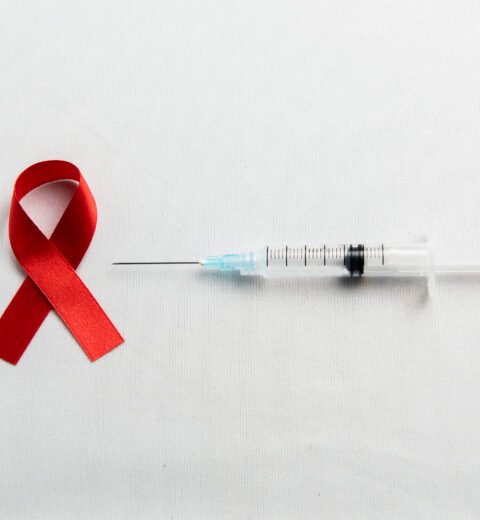For many Nigerian women in the UK, the journey to motherhood is a cherished aspiration. However, infertility can sometimes stand in the way, making it essential to recognize early signs and seek medical attention promptly. If you’re experiencing any of the symptoms below, don’t ignore them—speak to your GP as soon as possible.
1. Irregular Menstrual Cycles
A typical menstrual cycle lasts about 28 days, but slight variations are normal. However, if your periods are consistently irregular—arriving too early, too late, or unpredictably—it may indicate ovulation issues, which can impact fertility.
2. Absence of Periods
If you haven’t had a period for over three months, it could mean you’re not ovulating. Since ovulation is necessary for conception, missing periods significantly reduces the chances of getting pregnant. Visit your GP to assess potential causes and possible treatments.
3. Bleeding Between Periods
Menstrual bleeding should typically occur during your period. If you notice unexpected bleeding between cycles or after intercourse, it could be a sign of uterine polyps, fibroids, or cervical issues—all of which may affect fertility. Getting checked by a doctor is crucial.
4. Pelvic Pain and Heavy Periods
Painful cramps are common, but extreme pain throughout your cycle or during intercourse could indicate endometriosis, a condition that can reduce fertility. Similarly, unusually heavy periods may signal uterine fibroids, which can make conception difficult.
What You Should Do
If you notice any of these signs, don’t hesitate—book an appointment with your GP. Early diagnosis and treatment can improve your chances of conception.
Final Thoughts
Infertility can be challenging, but you’re not alone. As part of the Naija UK Connect community, we’re here to provide support, guidance, and access to trusted healthcare information. Your GP can offer tests and treatments to help address fertility concerns, so take charge of your health today!
Disclaimer: This article is for informational purposes only and should not replace professional medical advice. Always consult your GP for personalized healthcare guidance.




